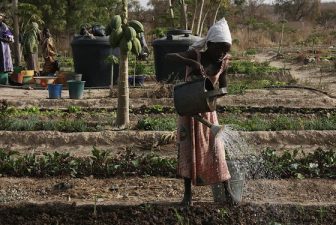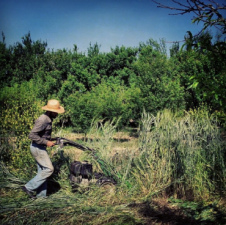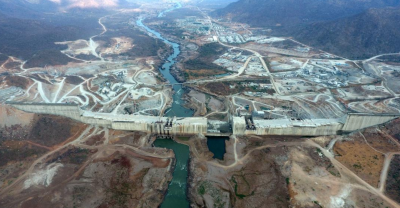 Humanitarian crises erupt in Libya, Yemen and Syria as the populations revolt against their oppressive leaders
Humanitarian crises erupt in Libya, Yemen and Syria as the populations revolt against their oppressive leaders
From the very start, the price of food has played an important role in the emerging Arab Spring which has swept across Egypt, Tunisia, Algeria, Jordan, Yemen, Syria and Libya. As food prices rose so did the anger in Arab nations, where ordinary people were paying a high price for basic food whilst their leaders lived in the lap of luxury. Now, as the conflict reaches a stalemate in Yemen, Syria and Libya after months of fighting, the unsteady economic and political situation has lead to reports of widespread hunger.
A week ago the United Nations Mission, on a visit to Yemen, officially added the country to the list of food troubled spots and called on the international community to provide humanitarian aid. An already impoverished country with widespread malnutrition and severe water scarcity, the UN World Food Program also launched an emergency operation to feed 1.7 million severely food insecure Yemenis.
Yemen is the poorest country in the whole of the Middle East and the food situation has been exacerbated by months of fighting to overthrow the current president Ali Abdullah Saleh.
Syria, which is now in its fourth month of unrest, also faces food problems and was struck by drought in 2010 which led to the displacement of half a million people in East Syria. In mid-June, government forces loyal to the current president Bashar Al-Asad halted food supplies from reaching Syrian villages near the border with Turkey as many Syrians fleeing government violence has gathered there.
In February, the Syrian government had attempted to stem some of the unrest over high food prices by offering cash payments to 420,000 families.
The situation in Libya is also deteriorating after months of fighting between rebels and Gaddafi-loyal forces. As the country relies heavily on food imports, the limited movement of goods in and out has meant that there has been less produce at markets with some areas going without electricity or water.
Reem Nada with the World Food Program told The Media Line that her organisations has already distributed 6,000 tonnes of food in Libya since March 2011 and has designated another 22,000 tonnes for Libyan refugees in Tunisia and Egypt.
According to the UN Refugee Agency (UNHCR), over one million refugees have fled Libya as a result of the fighting.
:: Image via US Army Africa/Flickr.
:: MediaLine
For more on the Arab Spring see:
Gaddafi Could Use Water As A Weapon In Conflict
Arab Spring May Boost Chance for Desertec Solar Power
The Rising Voices of Arab Women



